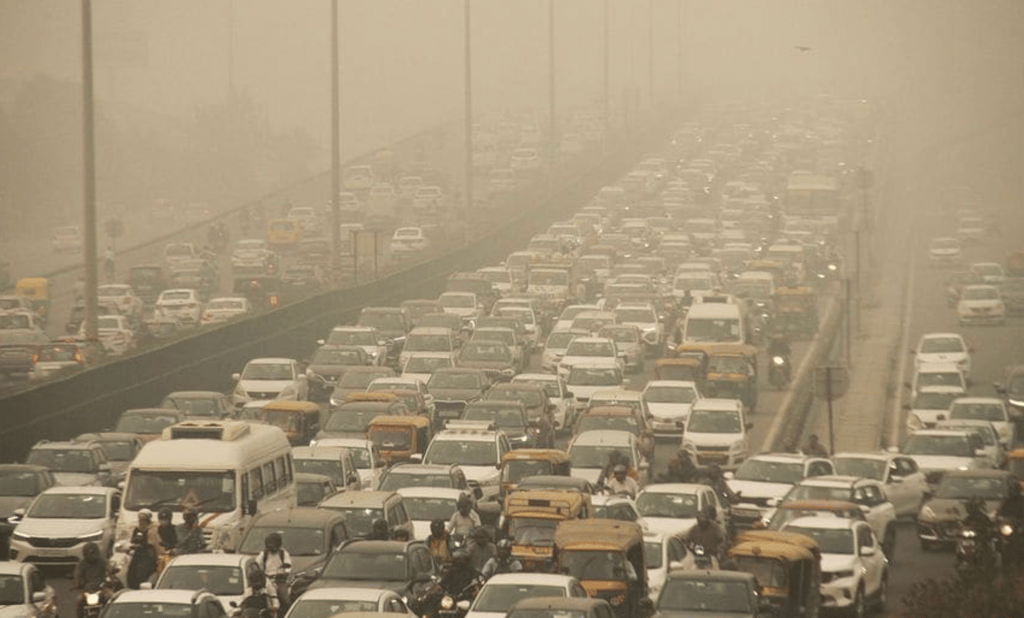And Her Heart Melts
Chilly winter—so cold that I shiver. Yet, I see my father standing by the window, smiling, enjoying the weather. "It’s so much warmer than the winters of my time," he says with a nostalgic sigh.


Chilly winter—so cold that I shiver. Yet, I see my father standing by the window, smiling, enjoying the weather. "It’s so much warmer than the winters of my time," he says with a nostalgic sigh.
I remember my 5th-grade science teacher telling us how she’d layer four pairs of socks just to brave the cold walk to school.
On my way to college, the rickshaw driver notices my trembling hands and chuckles, "This? This is nothing compared to how winters used to bite."I don’t understand. Delhi feels unbearably cold to me—it even looks cold. But then, maybe that’s not the winter I’m seeing. Maybe it’s just smog, a heavy byproduct of our own doing, blanketing the city in a false chill. 17th November was first reported as the most polluted day in November. But soon the records changed and on 18th November AQI recorded at 795. On that day Delhi becomes the most polluted ever in History (2021-2024).
Pollution is bearable, the harsh winter is not. How can they say that it's not cold when I see people shivering on the side of the road asking not for food but for a blanket. But maybe they are more fortunate than those who died of cold in the last century as the frequency of cold waves in India has been decreasing over recent decades. Studies indicate a decline of approximately 0.4 events per decade.
I’m confused. The sharp, biting cold my father speaks of has softened into something else—a winter less cruel, more tender. Her rigid lines are melting, her touch getting warmer, almost kind.
It’s a lovely thing, this gentleness. But it comes at a cost. Because even as winter grows softer, I see her weeping. Her tears are glaciers melting, her sorrow etched in the foggy breath of our mornings.
Vehicles move on the Delhi-Gurugram Expressway amid a thick layer of smog | photo courtesy of ANi
